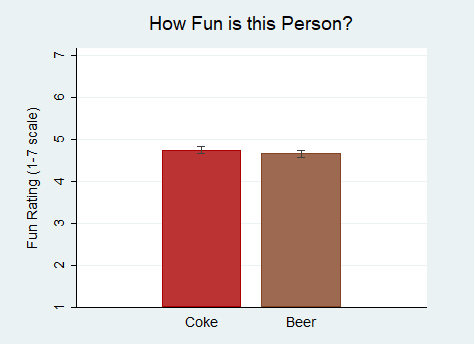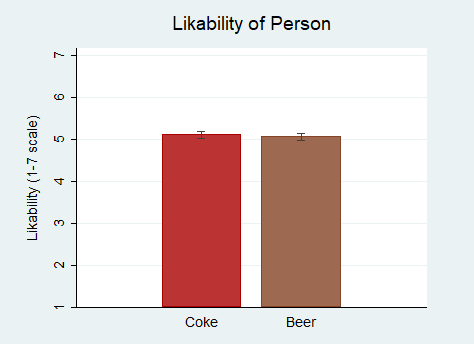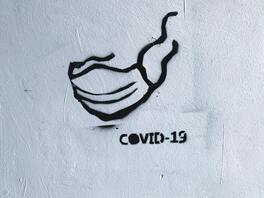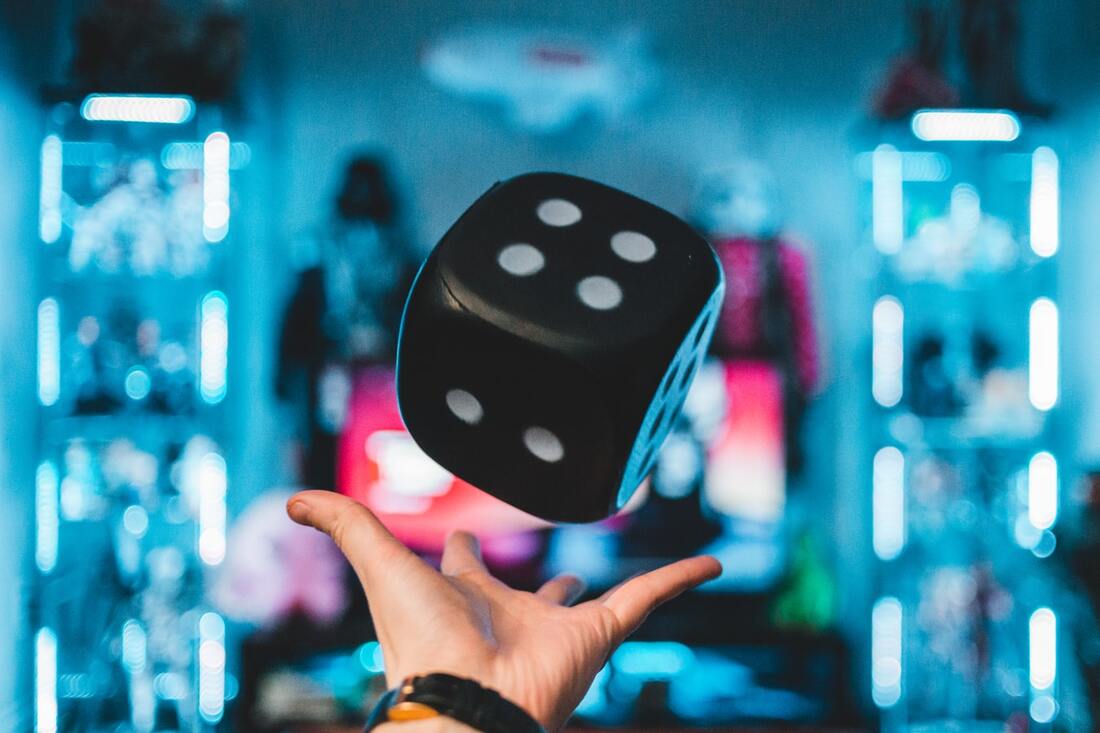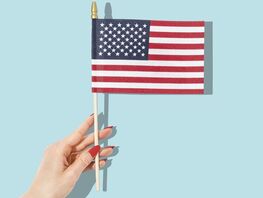Overview
Alcohol is a double-edged sword. It has brought merriment to celebratory revelers at social gatherings since biblical times. Yet, research suggests it can negatively affect one’s short-term and long-term health. So why do we still imbibe? The answer may involve social norms.
Like so many other rituals in society, whether and how much we drink is often nudged by the habits of our friends, colleagues, and others, both at that moment and from the years leading up to it. The long history of alcohol consumption in social contexts has made it a collective habit that’s difficult to kick.
Even in our own research we’ve found evidence of how the appearance of drinking alcohol can affect psychological perceptions. In one experiment, we found that drinking wine made a person seem more sophisticated.
But there are a number of people who chose to abstain from drinking alcohol, even when meeting up with friends at bars or pubs. Do these abstainers suffer a social penalty for not imbibing?
The Experiment
We recruited 400 people from Amazon Mechanical Turk to read a short vignette about meeting up after work with a new co-worker who orders a beer or a soda (randomly assigned). Participants then rated their perceptions of this hypothetical co-worker.
Participants were told to “Imagine you’re at a bar meeting a new co-worker after work. He orders a [beer / Coke] and asks how your workday was.” Participants were then asked two survey questions, “So far, how fun do you think this person is? (1 = Not fun at all, 7 = Very fun”) and “So far, how much do you like this person? (1 = Not at all, 7 = Very much)” both using a 1-7 scale.
To test if our results differ between drinkers and non-drinkers, we asked participants at the end of the survey “How often do you have a drink containing alcohol?” with answer options Never, Monthly or less, 2 to 4 times a month, 2 to 3 times a week, and 4 or more times a week.
Alcohol is a double-edged sword. It has brought merriment to celebratory revelers at social gatherings since biblical times. Yet, research suggests it can negatively affect one’s short-term and long-term health. So why do we still imbibe? The answer may involve social norms.
Like so many other rituals in society, whether and how much we drink is often nudged by the habits of our friends, colleagues, and others, both at that moment and from the years leading up to it. The long history of alcohol consumption in social contexts has made it a collective habit that’s difficult to kick.
Even in our own research we’ve found evidence of how the appearance of drinking alcohol can affect psychological perceptions. In one experiment, we found that drinking wine made a person seem more sophisticated.
But there are a number of people who chose to abstain from drinking alcohol, even when meeting up with friends at bars or pubs. Do these abstainers suffer a social penalty for not imbibing?
The Experiment
We recruited 400 people from Amazon Mechanical Turk to read a short vignette about meeting up after work with a new co-worker who orders a beer or a soda (randomly assigned). Participants then rated their perceptions of this hypothetical co-worker.
Participants were told to “Imagine you’re at a bar meeting a new co-worker after work. He orders a [beer / Coke] and asks how your workday was.” Participants were then asked two survey questions, “So far, how fun do you think this person is? (1 = Not fun at all, 7 = Very fun”) and “So far, how much do you like this person? (1 = Not at all, 7 = Very much)” both using a 1-7 scale.
To test if our results differ between drinkers and non-drinkers, we asked participants at the end of the survey “How often do you have a drink containing alcohol?” with answer options Never, Monthly or less, 2 to 4 times a month, 2 to 3 times a week, and 4 or more times a week.
Results
An independent samples t-test showed no significant difference in how fun our hypothetical colleague was perceived to be when drinking Coke (avg. = 4.75) versus drinking beer (avg. = 4.67), (p = 0.487). The results did not change when interacted with participants’ gender (p = 0.967), age (p = 0.766), or alcohol consumption (p = 0.372).
An independent samples t-test showed no significant difference in how fun our hypothetical colleague was perceived to be when drinking Coke (avg. = 4.75) versus drinking beer (avg. = 4.67), (p = 0.487). The results did not change when interacted with participants’ gender (p = 0.967), age (p = 0.766), or alcohol consumption (p = 0.372).
The results for likability were similar. We again found no significant difference in likability when our person was drinking Coke (avg. = 5.12) versus beer (avg. = 5.07), (p = 0.654). The results did not change when interacted with participants’ gender (p = 0.918), age (p = 0.602), or alcohol consumption (p = 0.603).
Conclusion
This experiment brings good news if you’re trying to reduce your alcohol consumption but are worried about what friends or colleagues might think of you. It looks like you can safely abstain with your reputation intact. Of course, these results could differ across other countries and cultures. For example, some countries acknowledge that there is a culture of peer pressure to drink in social outings. But in the U.S., in this day and age, enjoy your Coke.
This experiment brings good news if you’re trying to reduce your alcohol consumption but are worried about what friends or colleagues might think of you. It looks like you can safely abstain with your reputation intact. Of course, these results could differ across other countries and cultures. For example, some countries acknowledge that there is a culture of peer pressure to drink in social outings. But in the U.S., in this day and age, enjoy your Coke.
Methods Note:
We used an independent samples t-test to test for significant differences in perceptions between our hypothetical beer and Coke drinker, For significant differences, the coefficient would be large and its corresponding “p-value” would be small. If the p-value is less than 0.05, we consider the difference statistically significant. To test for interactions (a difference in the differences) between participants' age, gender, or alcohol consumption habits and the main results, we used OLS regression analyses with interaction terms.
Popular Experiments
COVID MasksDoes wearing a COVID mask affect how others think of you?
|
Video GamesAre video games more enjoyable than board games?
Does age or gender matter? |
Zero-Sum PoliticsDo Democrats or Republicans view society as win-lose?
|

